The Nissan Autech Stelvio Zagato Is A Japanese GT Car With Italian Styling.
Grand touring vehicles are plentiful, except in Japan. Think about it: Mazda Cosmo Coupe? Too quirky. Nissan GT-R? Too hardcore. Toyota Soarer? Too lame.
Grand touring vehicles are plentiful, except in Japan. Think about it: Mazda Cosmo Coupe? Too quirky. Nissan GT-R? Too hardcore. Toyota Soarer? Too lame.
Europe has near-limitless examples, from the Ferrari California to the BMW M6 Coupe. Aston Martin DB9. Porsche 911. Even America has the Corvette—and if you stretch your definition a bit—the Shelby GT500.
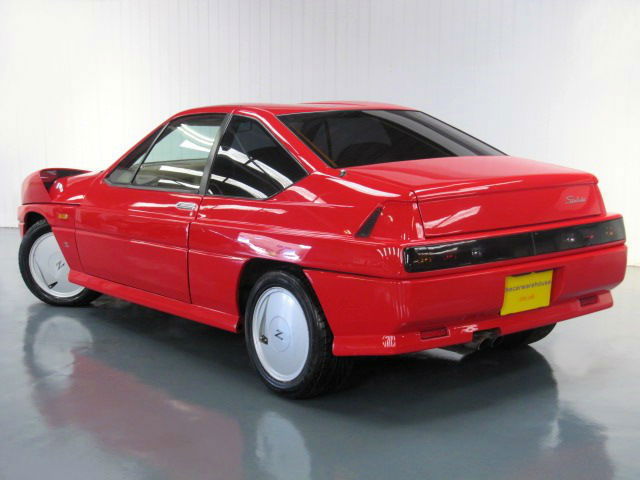
Immense power, wonderful over long distances, striking styling…consider all you want, but Japan just doesn’t do GT cars.
It’s probably due to a few things. Japan has always imported its oil. Speed limits are 100 km/h (62 mph) on the fastest highways and enforced with hidden speed traps and speed cameras. Japanese companies advertised their vehicles from 1989 to 2005 as having only 276 horsepower. And with the country’s extensive high-speed rail network, the car isn’t necessarily the fastest point from A to B.
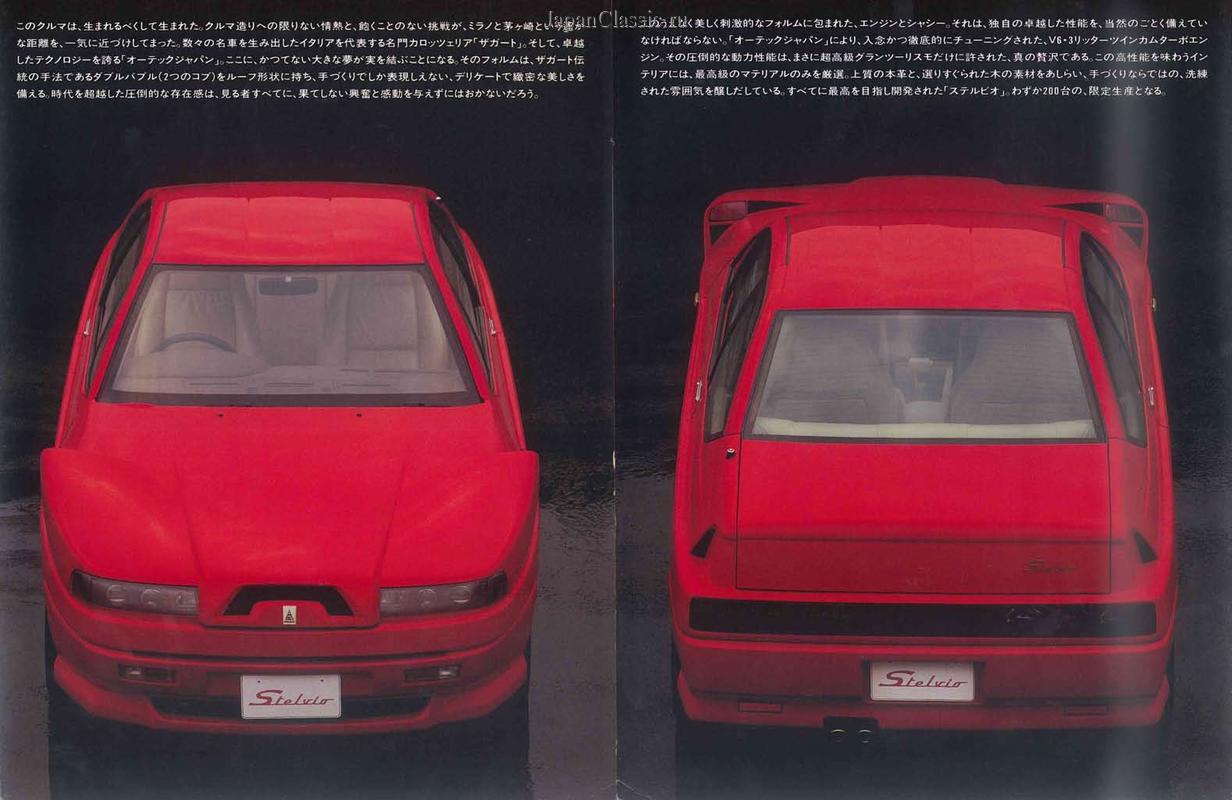
But what happens when a company like Nissan decides to ride the Japanese asset price bubble and task Italy’s Zagato with producing a stunning GT car?
Autech was formed inside Nissan as an in-house tuner. Nismo is the company’s motorsport arm and Autech still exists as a solution for complete vehicle packages, from styling and engineering to performance.

In 1989, just three years into the Japanese asset price bubble and two years before it burst, Autech teamed up with Zagato to sell this, a coachbuilt Nissan Leopard F31.
Price? In today’s dollars, more than $200,000 US. When launched, it cost twice what a Honda NSX-R did!
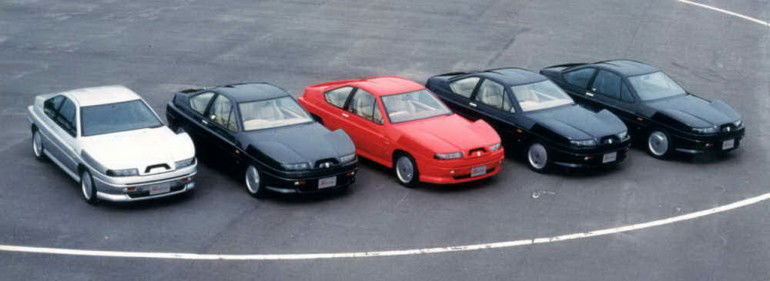
Like the collaboration between Cadillac and Pininfarina for the Allanté, Zagato built the aluminum bodies by hand in-house. They were also installed in-house—which required the mechanicals to be shipped from Japan to Italy, then back to Japan once completed.
Most people hate its styling, but I think there are a few neat ideas. Mirrors integrated into the fenders is novel, and could be made smaller these days with blind spot monitoring technology and rear-view cameras.
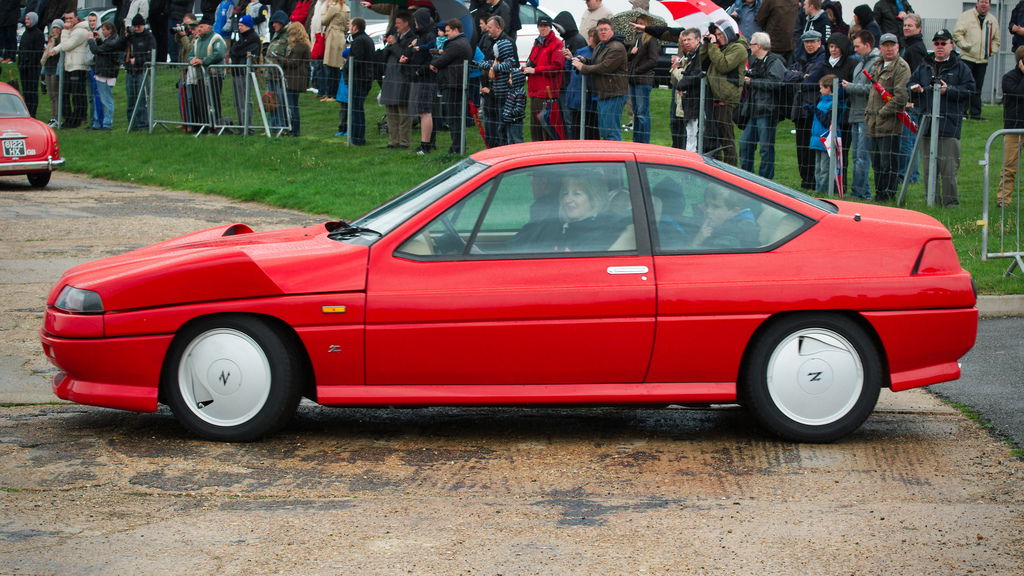
The headlights are fixed to the body and headlight covers to the hood—to throw people off the fact the headlights are lifted from the Silvia. Rear vents over the wheels mimic the cut-outs for the side mirrors. And the bodyside is essentially one big box flare!
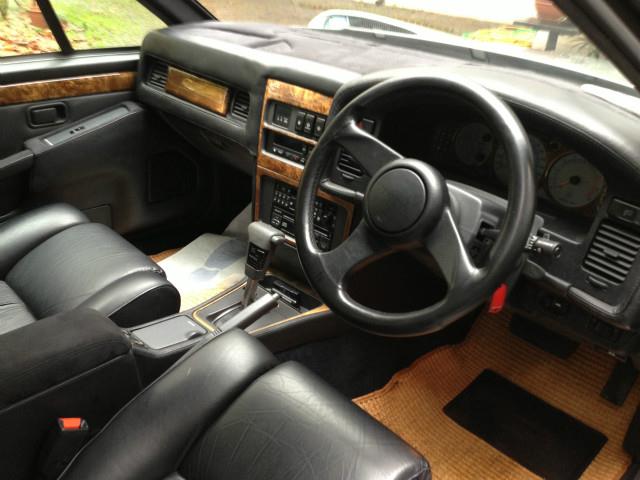
Inside, incredible luxury met lucky drivers as Italian craftsmanship meant the materials and trim were suitably upgraded over stock. Tanned and sewed hides, wood, and sport seats were the equal of a late-80s luxury car. Compared with Japanese cars from that era, the Autech Stelvio Zagato was in a different league.
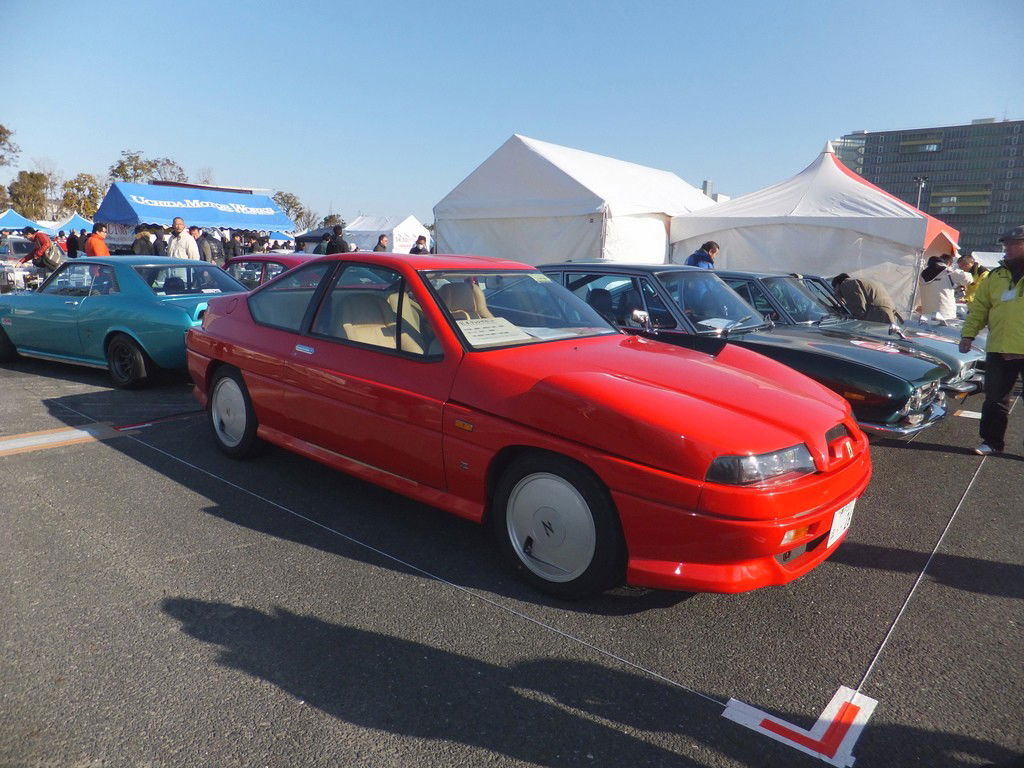
Its engine is a turbocharged petrol, 3 litre, single overhead camshaft 60 degree V 6 cylinder with 4 valves per cylinder. In this application it produces 276 bhp (280 PS/206 kW) of power at 6000 rpm, and maximum torque of 402 N·m (296 lb·ft/41 kgm) at 2800 rpm.
The engine delivers its power through to the rear wheels via a 4 speed automatic gearbox.
The quoted kerb weight is 1560 kg.
Maximum claimed speed is 245 km/h or 152 mph.
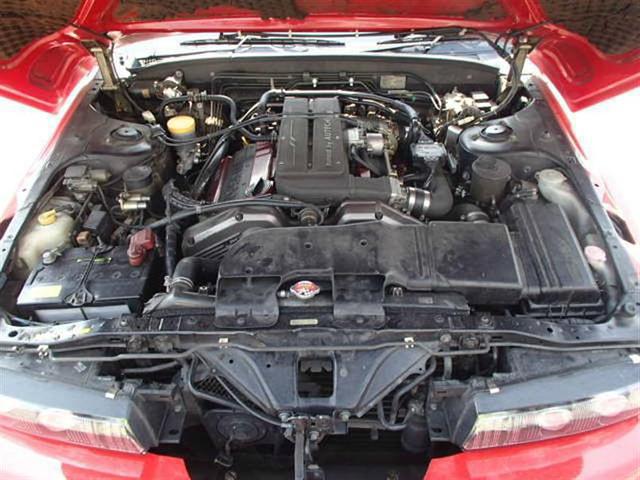
Whether it was the styling or the economy, only between 80 and 100 vehicles were completed, making them an extremely rare sight—especially outside of Japan.
Will they ever become collectable? Likely, but they’ve since depreciated a long way from their list price, and examples can be found for $50,000 or less. I have to believe that they’ll go up in price—the ones not painted red look significantly nicer.
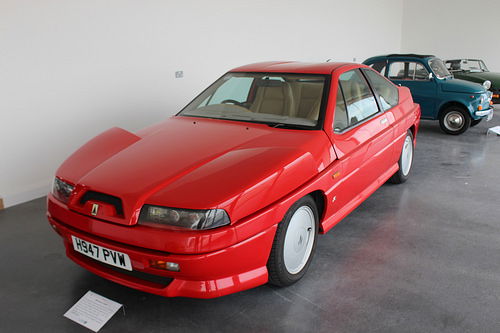
You’d think the collaboration between Autech, Nissan, and Zagato would have been a one-off, and thankfully, it wasn’t: there were four different Zagato models built for the Japanese automaker…
Thanks to ALFAguy for letting me know about this, follow him for more awesome cars like this!
Source: http://www.banovsky.com/archive/autech-stelvio-zagato
Comments
Dat Moustache tho
Nice stache, but still ugly af.
It looks like someone gave an Alfa a fat lip
It looks like it got in a crash that bent the fenders upwards.
You see, here is a semi-fine example of a Japanese-Italian collaboration, Nissan learned a lot from that scary Alfa
I’m sorry but this car is still ugly…
Very interesting, very ugly
I see you’re also a visitor of Weird Cars. That website is a gold mine of all things wonderfully weird and obscure!
A bit of a shame there hasn’t been new posts in a while
Japanese car with Italian styling - Best combination EVER
Honestly, Italian design is 50% beauty, 50% absolute hideousness.
Pagination